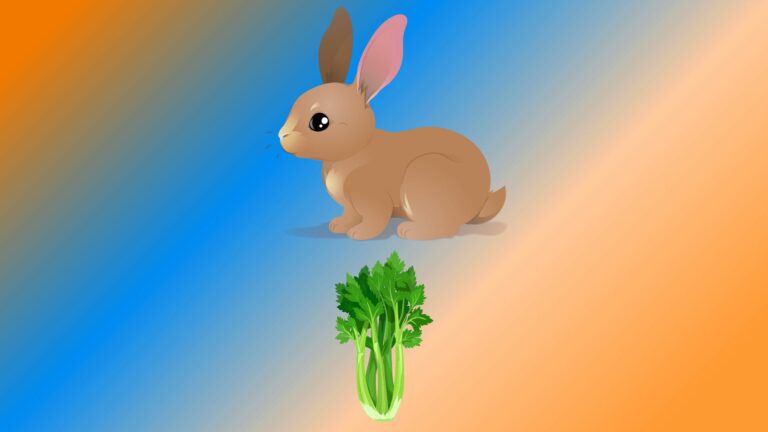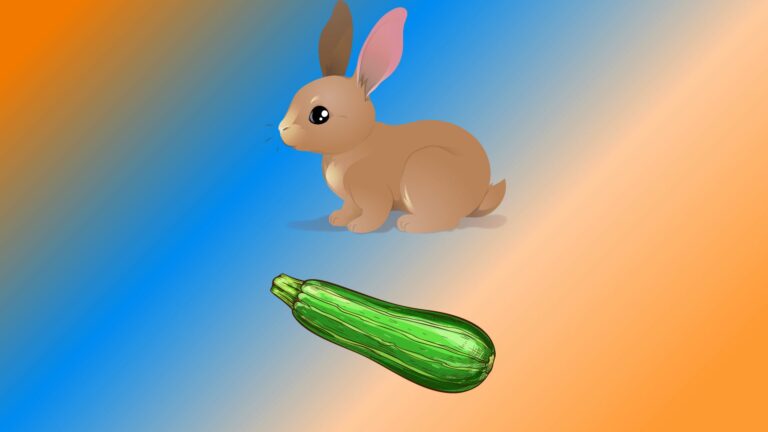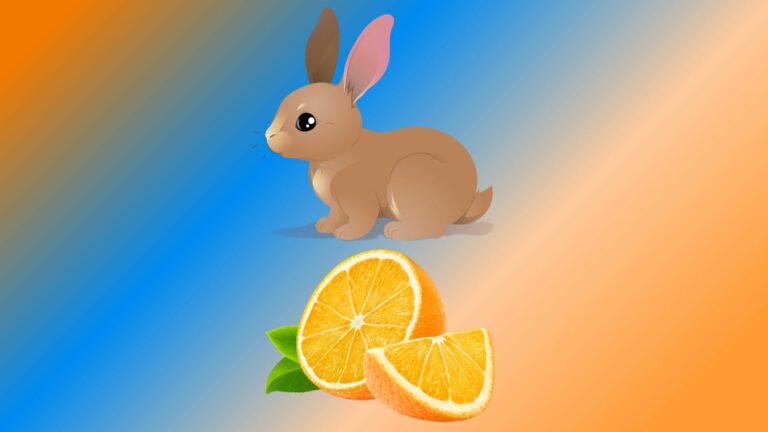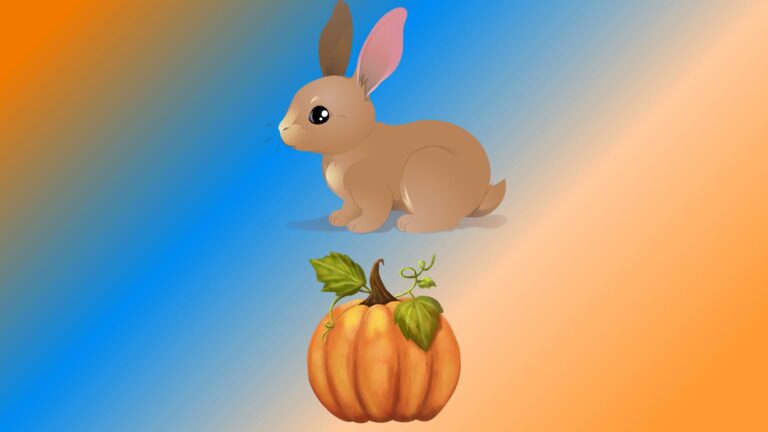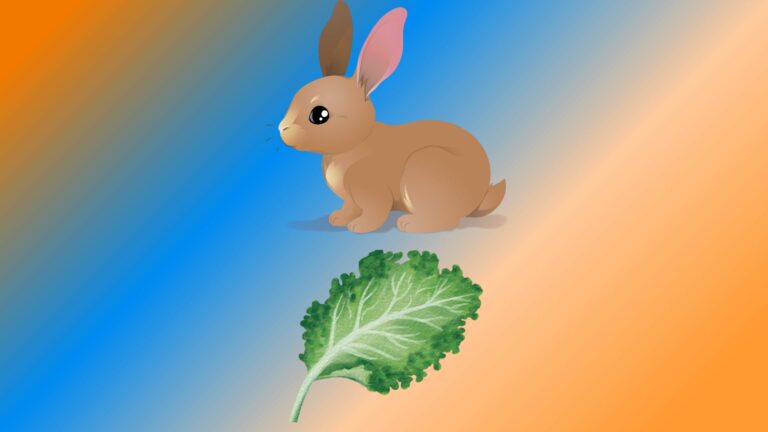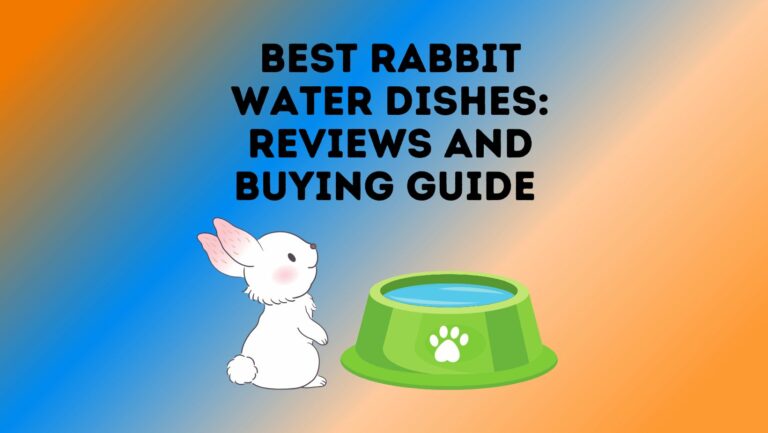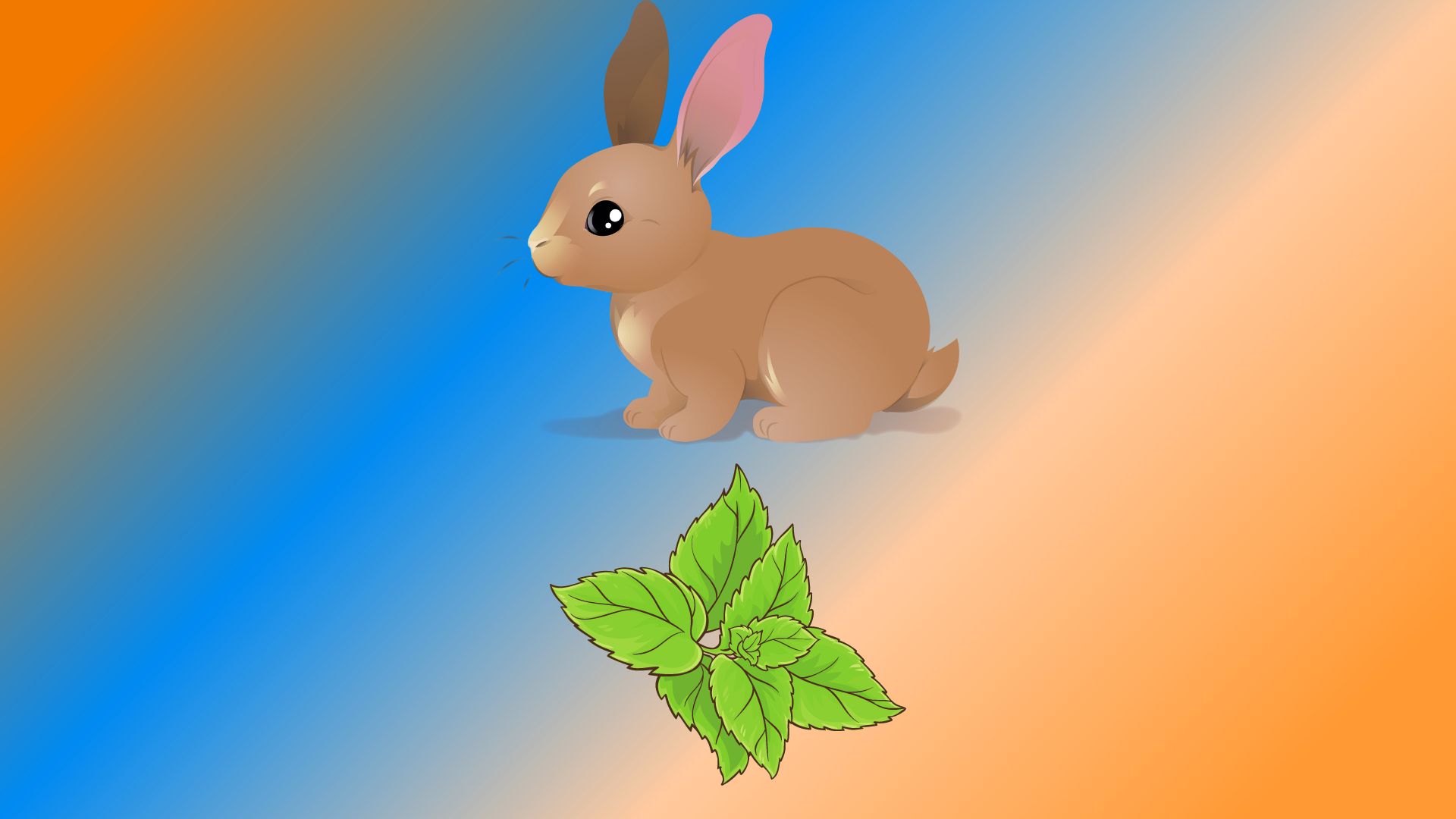
Rabbits are known for their love of eating all greens. It can be tempting to feed them whatever they want of plants. Yet, there are many plants that rabbits shouldn’t eat. Some plants can cause digestive problems. While some can be poisonous, which might severely harm your pet.
Peppermint is one of the constantly available greens in most households. But the important question is, can rabbits eat peppermint? In fact, yes, they can. There is a multitude of herbs that rabbits can eat and peppermint is one of them.
However, this doesn’t mean you can feed them as much as you want. Why? That’s what you’ll find out in this article.
Why Feed Rabbits Peppermint?
Peppermint is among the plants that have antioxidants. They help improve rabbits’ health in the long term and also protect them from chronic diseases.
Peppermint is also high in fiber. It has vitamins such as vitamin A and minerals like iron. All of which add to your pet’s well-being. It’s also low in oxalic acid as well as calories and sugar. These three substances are dangerous to rabbits’ health.
Feeding your rabbit peppermint can improve your rabbit’s digestive system and help with flatulence. Yet, as peppermint is high in calcium, huge amounts can cause digestion issues such as diarrhea. Too much of any spice is typically unhealthy for your rabbit.
How to Feed Rabbits Peppermint?
Rabbits can eat peppermint leaves fresh or dry, though fresh plants are always preferred. Still, herbs can’t be the core of rabbits’ diet. They’re more of occasional treats that add flavor to their food. It’s important to always give them small portions. Yet, don’t underestimate how a treat can make your pet overcome boredom and loss of appetite.
When feeding your rabbits leaves, make sure you rinse them carefully beforehand. Avoid plants that might’ve been exposed to pesticides. You can also feed your rabbit dry peppermint or add it to other types of food.
After giving your rabbit a new plant or herb, watch its stool carefully. You can keep the same portion if everything is fine. However, if it turns loose, reduce the portion or replace the peppermint with another kind of food. Avoid feeding your rabbit new different kinds of plants at once.
Suitable Food for Rabbits
There are a lot of options when it comes to rabbits’ food to put in their feeder. Rabbits can eat roots, seeds, sprouts, and flowers. All of these you can find in local stores or plant in your garden.
Suitable Herbs
Other than mint, there are other herbs that you can add from time to time to your rabbit’s diet. Similar to peppermint, these herbs should be given as treats every once in a well to keep your rabbit happy. These herbs include:
- Rosemary
- Lavender
- Parsley
- Peppermint
- Basil
- Sage
- Dill
- Oregano
- Caraway
- Cilantro
- Thyme
Suitable Vegetables
A rabbit’s balanced diet should mainly consist of large portions of hay and dry or fresh grass. It should also have smaller portions of various kinds of vegetables and leafy greens such as:
Suitable Fruits
Some fruits are also allowed as treats. They should be fed to rabbits carefully for the amount of sugar they contain. The fruits allowed for rabbits include:
- Apple (without the seeds)
- Peach
- Mango
- Banana
- Strawberry
- Kiwi
- Watermelon
- Blackberry and blueberry
- Tomato without leaves or vines
Unsuitable Food for Rabbits
Although there are lots of plants that are suitable for rabbits to eat, they shouldn’t have complete access to your garden or plants. Rabbits have sensitive digestive systems and therefore what they eat should be picked carefully.
They should be fed what doesn’t cause them any harm instead of what they’re willing to eat. Rabbits can eat plants that may be poisonous. Whatever plants they eat, they should be pesticide-free and herbicide-free.
High-Sugar and High-Calorie Food
Food that is high in sugar is dangerous to rabbits’ lives. That’s why lots of fruits aren’t allowed for them. Moreover, rabbits shouldn’t be offered any human food that is high in sugar, calories, or carbs such as candy, chocolate, bread, rice, biscuits, and chips.
Unsuitable Herbs
Though peppermint is a suitable herb, there are lots of herbs that shouldn’t be fed to rabbits. Actually, the types of dangerous herbs outnumber the ones suitable for your rabbit. That’s why you always have to check before feeding your pet a certain type. Some of these unsuitable herbs are:
- Agave leaves
- Oak leaves
- Hogwort
- Ragwort
- Mistletoe
- Nutmeg
- Jasmine
- Aloe vera
- Buttercup
- Hemlock
Unsuitable Vegetables and Plants
Similarly, not all vegetables are safe for rabbits. Some of them are poisonous even if rabbits don’t mind eating them. They can’t differentiate between safe and dangerous plants. Therefore it’s your job as a caretaker to do so. Among the unsuitable vegetables and greens are all plants that grow from bulbs. There are also other types such as:
- Tomato’s leaves, and vines.
- Potatoes
- Onion
- Apple seeds
- Wild carrots
- Wild peas
- Sweet peas
- Wild cucumber
- Avocado
- Sweet potatoes
- Almond
- Foxglove
If you suspect that your rabbit has eaten any of these types, take it to the nearest vet or call Animal Poison Control. Some of the dangerous symptoms can be diarrhea, vomiting, fever, and loss of appetite.
To Conclude
Peppermint is among the group of herbs that you can feed your fluffy pet. Yet, it’s crucial to give your rabbit small portions to observe its digestion. When given in a balanced amount, it can add to your rabbit’s overall health. It can also be a new interesting treat to your pet.
With rabbits, sticking to one kind of food isn’t a healthy option. They thrive when given a beneficial variety of greens rich with vitamins, fibers, and minerals. Having lots of options to choose from is an upside that you should use to keep your pet in good condition.
Always give your rabbit fresh hay and grass to keep them in good healthy shape. Still, don’t forget to treat them with some vegetables, plants, and herbs.

